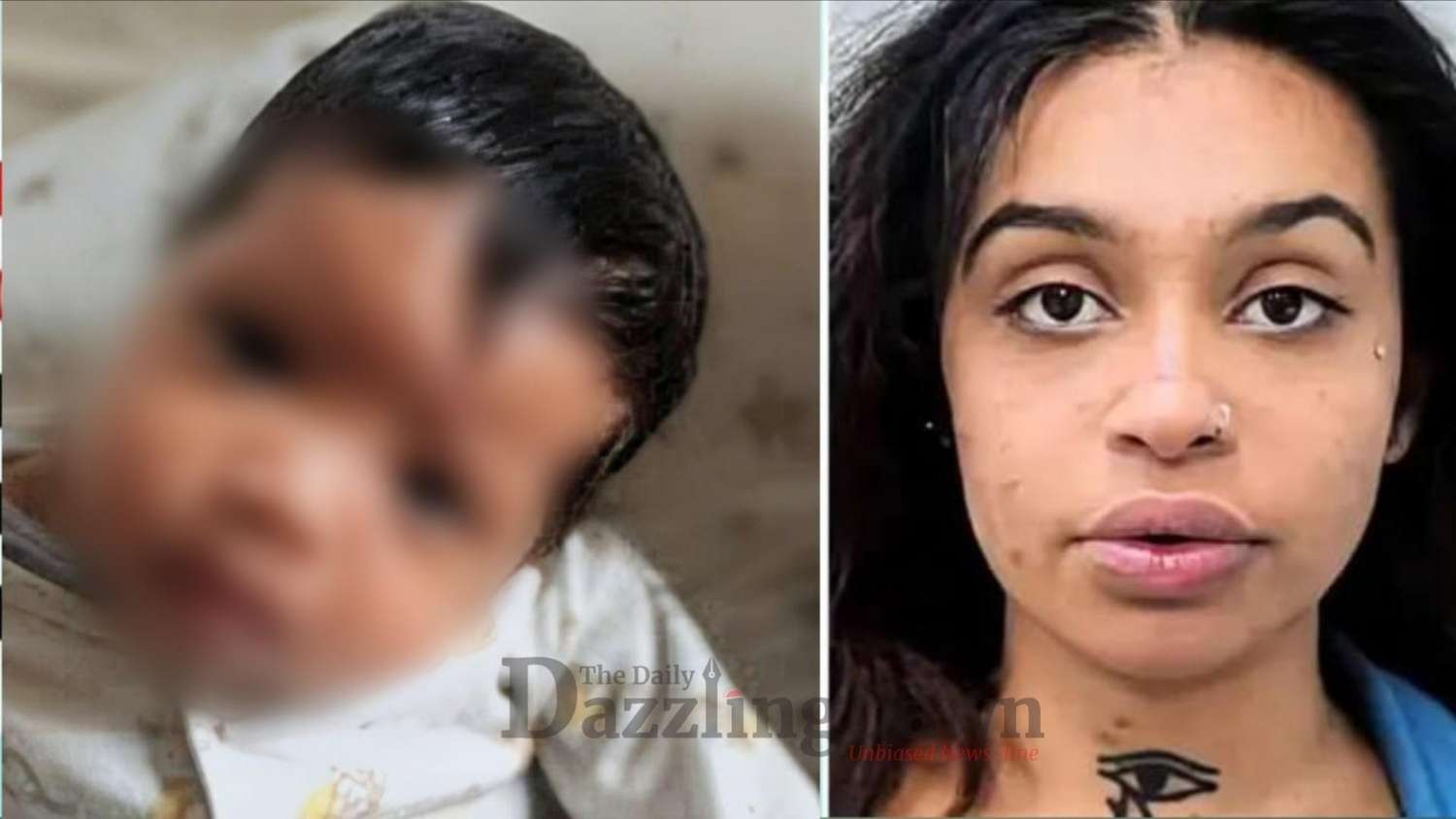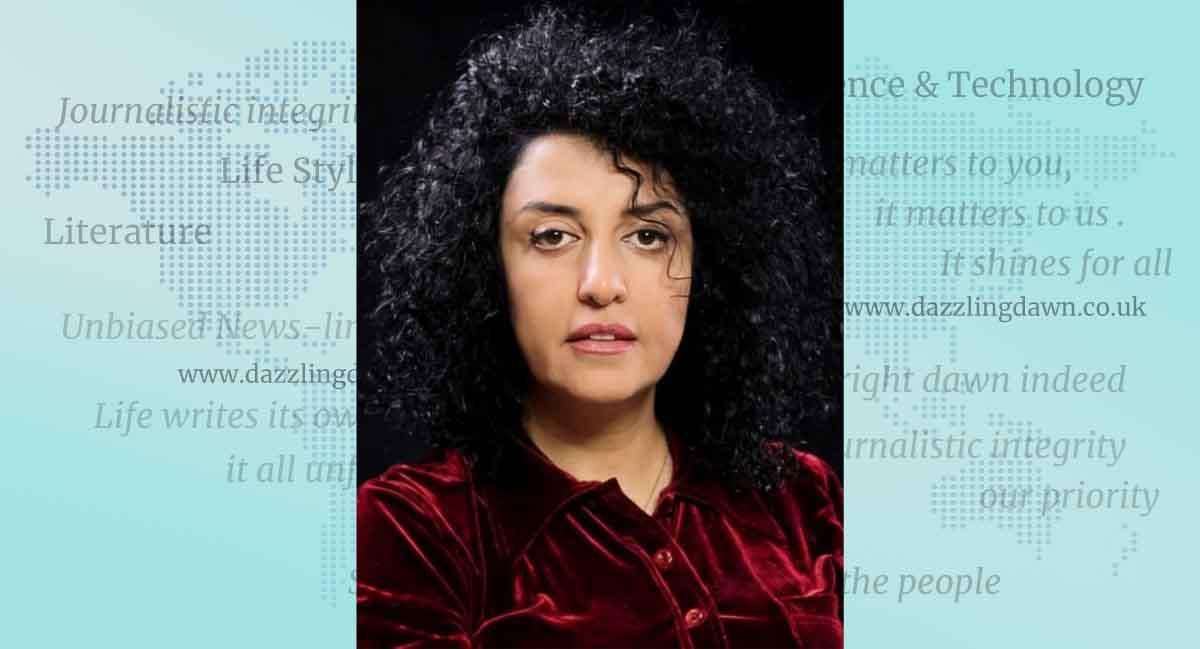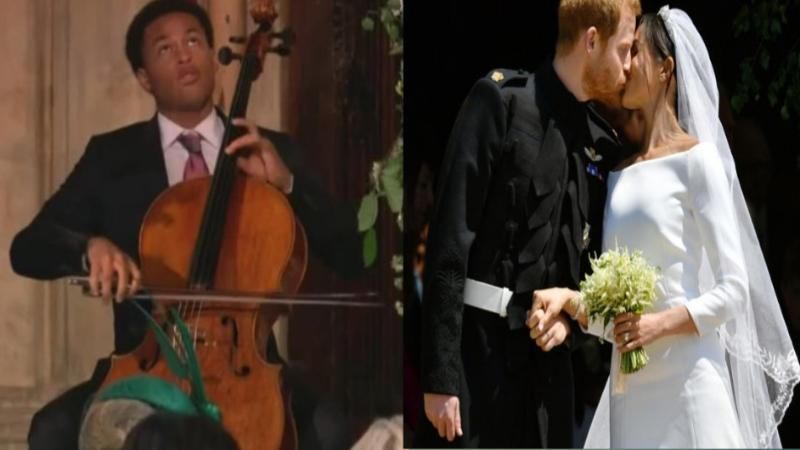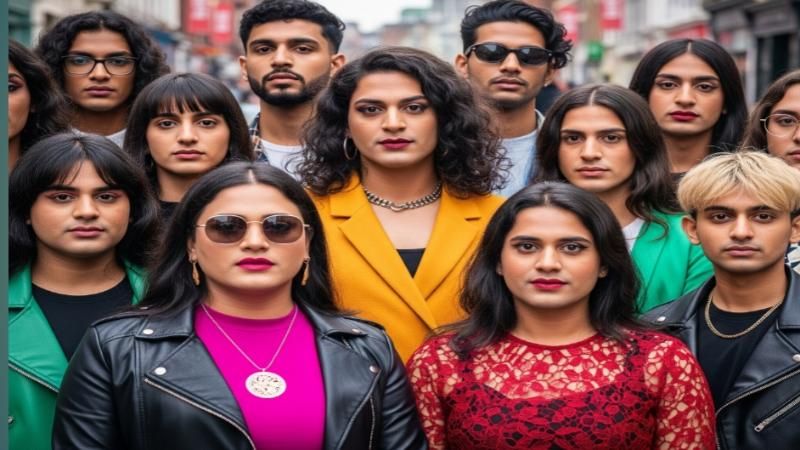The mother of acclaimed cellist Sheku Kanneh-Mason has made a startling claim, alleging that her son, who famously performed at the 2018 wedding of the Duke and Duchess of Sussex, was deliberately omitted from the BBC's highlights package due to his race. Kadiatu Kanneh-Mason expressed her dismay and suggested that the media struggled to portray a Black classical musician, a field traditionally dominated by white performers.
Sheku Kanneh-Mason, a prodigious talent and the first Black winner of the BBC Young Musician competition, was personally chosen by Prince Harry to play three pieces at the ceremony held at St George’s Chapel, Windsor. His performance was a significant and widely celebrated moment of the royal event.
However, speaking at the Hay Festival in Wales, Mrs. Kanneh-Mason recounted her disappointment: "When Sheku played at the royal wedding, that night he was not in any of the BBC highlights. So there was the choir, there was the preacher but he was left out as though he hadn’t been there." She added that the following morning, her son was absent from all newspaper coverage. "So they decided that he was going to be absent. And we thought, what’s going on here?"
Mrs. Kanneh-Mason further elaborated on her theory, suggesting a deeper racial bias at play. "I think what it was: the gospel choir was doing what it was supposed to do. The preacher was doing what he was supposed to do. But a black cellist? A black cellist cancels itself out… he’s not doing what he’s supposed to be doing, he’s not doing a black thing. That’s really interesting, unpacking what the media thinks we’re supposed to do." The wedding notably featured other prominent Black figures, including the gospel singers The Kingdom Choir, who gained international fame after their performance of "Stand By Me," and American preacher Rt Rev Michael Curry, whose sermon on love garnered widespread attention.
Beyond the wedding controversy, Mrs. Kanneh-Mason, author of the book "To Be Young, Gifted and Black" – which explores themes of cultural, racial, and national identity through the experiences of her seven musically gifted children – shared other instances of racial prejudice faced by her family. She recalled panicking about Sheku's "massive afro" before his BBC Young Musician competition performance, fearing judges wouldn't perceive him as a classical musician.
Even more disturbingly, she recounted a "maxi-aggression" suffered by her daughter Konya, a pianist and student at the Royal Academy of Music. An audience member racially abused Konya, complimenting her playing while simultaneously telling her she shouldn't be there because "you people are taking all the jobs from the white musicians who should be here." Mrs. Kanneh-Mason emphasized the difficulty of navigating such daily "micro-aggressions," arguing they are far from "micro."
In response to the specific claim regarding the royal wedding coverage, a BBC spokesman stated: "BBC News reported widely on Sheku Kanneh-Mason’s role in the 2018 royal wedding including news that he was selected to play, multiple stories of how the day unfolded and on the impact of his performance." This statement, however, does not directly address the mother's assertion about his absence from the specific highlights package or subsequent newspaper coverage. The allegations reignite important conversations about representation, implicit bias, and the persistent challenges faced by Black artists in traditionally white-dominated fields.








.svg)


